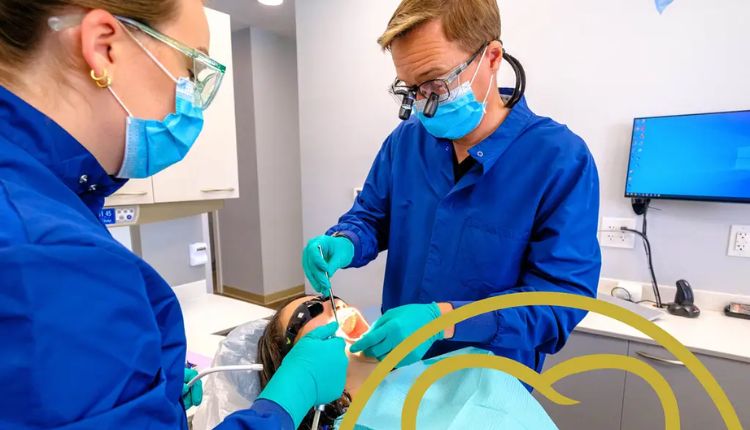Maintaining optimal oral health is key to a pain-free life and a stunning smile. Cavities and tooth sensitivity, however, are two of the most common dental problems people face. Left untreated, they can cause discomfort, limit your food choices, and even lead to further complications.
If you’re looking for practical ways to address these concerns, this listicle will walk you through some highly effective methods to prevent cavities and combat sensitivity.
1. Prioritize Proper Brushing Techniques
Brushing your teeth twice daily is essential, but did you know your brushing technique also plays a crucial role? Using gentle, circular motions with a soft-bristled toothbrush helps remove plaque without damaging enamel or irritating gums.
Be sure not to use excessive force, as aggressive brushing can wear down enamel, leading to sensitivity. Pair your efforts with fluoride toothpaste to strengthen enamel and protect your teeth from cavity formation.
2. Floss to Remove Hidden Residue
Flossing is often overlooked but is just as important as brushing. It helps remove particles and plaque from areas between your teeth that a toothbrush simply cannot reach. This not only prevents cavities in these tight spaces but also reduces the risk of gum disease.
If traditional flossing feels inconvenient, consider alternatives like water flossers or floss picks to simplify the habit. Establishing this daily routine can make a noticeable difference in your overall oral health.
3. Limit Sugary and Acidic Foods
Your diet significantly impacts your risk for cavities and sensitivity. Bacteria in your mouth feed on sugar, converting it into acids that erode tooth enamel and create cavities. Acidic foods and drinks, such as citrus fruits and sodas, can also weaken enamel.
Try to limit your intake of sugary snacks and acidic beverages. When you do indulge, follow up with water and wait 30 minutes before brushing to protect your enamel from further damage.
4. Use a Toothpaste for Sensitivity
If you’re already dealing with tooth sensitivity, switching to a specially formulated toothpaste for sensitive teeth can help. These kinds of toothpaste often contain compounds like potassium nitrate or stannous fluoride. These ingredients work to block pathways in the teeth that cause sensitivity, providing relief over time.
Many patients notice improvement within weeks, making it one of the easiest ways to address the discomfort of sensitive teeth.
5. Schedule Regular Dental Checkups
No matter how diligent your oral hygiene routine, you can’t detect every issue on your own. Regular visits to your dentist allow for early detection of cavities, sensitivity causes, or other dental problems you might not notice.
Professional cleanings also eliminate hardened plaque (tartar) that can lead to gum disease or further enamel loss.
Additionally, if you experience sudden or severe tooth pain, seeking immediate help from an emergency dentist in Colorado Springs can prevent the problem from escalating further.
6. Stay Hydrated and Chew Sugar-Free Gum
Dry mouth can increase your risk of cavities and sensitivity. Saliva plays a crucial role in washing away food particles and neutralizing acids in your mouth. Staying hydrated by drinking water throughout the day helps maintain a healthy saliva flow.
Chewing sugar-free gum can also stimulate saliva production, keeping your mouth moist while dislodging food particles. Many sugar-free gum options even contain xylitol, a natural sweetener that may help reduce cavity-causing bacteria.
7. Protect Your Teeth with Dental Sealants
Dental sealants are a fantastic preventive option to reduce the risk of cavities, especially for children or adults with naturally deep grooves in their molars. This thin, protective layer is applied to the chewing surfaces of teeth, creating a barrier that blocks food particles and bacteria.
Sealants can often last years, making them a long-lasting defense against cavities in vulnerable teeth. Generally, the process is quick, painless, and non-invasive.
Cavities and sensitivity don’t have to be constants in your life. By adopting these practical habits and making informed decisions about your oral health, you can safeguard your smile for years to come. Take small but consistent steps, and don’t hesitate to seek professional guidance when needed to address these issues head-on






